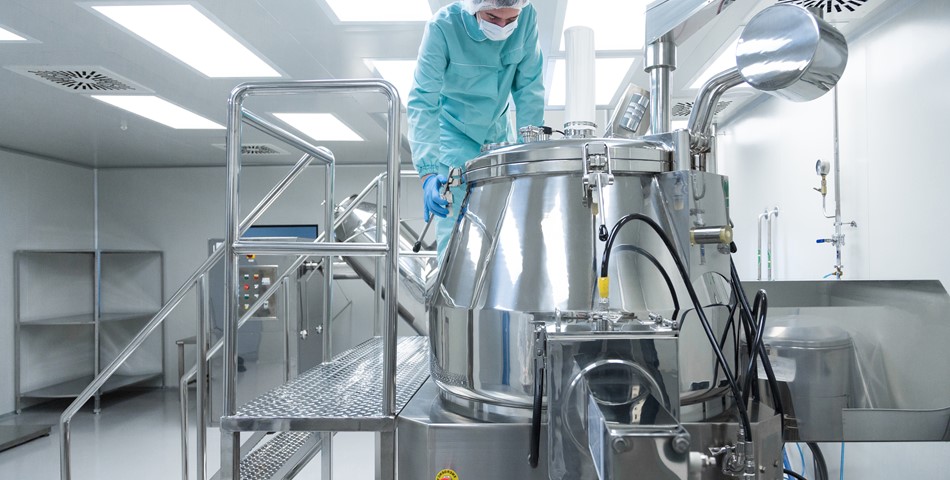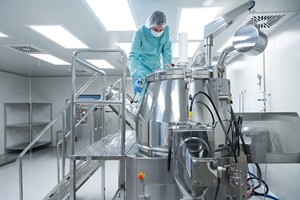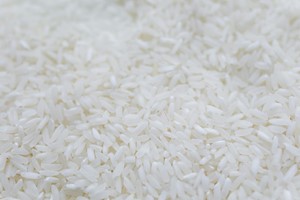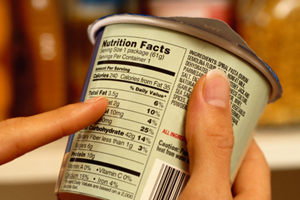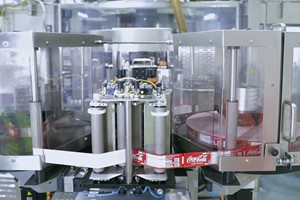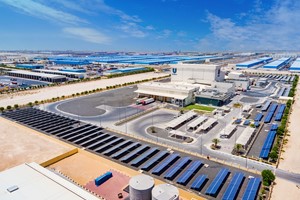In a landscape marked by heightened environmental awareness and an unwavering commitment to quality, the utilization of carbon dioxide (CO2) in the food industry has emerged as a transformative force. With its versatile applications spanning from cryogenic freezing to modified atmosphere packaging (MAP), CO2 is redefining conventional practices and offering significant benefits to stakeholders across the food industry spectrum.
Approximately 40% of the annual 20 million tons of CO2 merchant consumption globally is directed towards the United States, with Japan and the European Zone following suit. This substantial consumption underscores the pivotal role CO2 plays in modern food processing and preservation techniques.
One of the most compelling applications of CO2 lies in cryogenic freezing, where it is introduced as a gas into freezers, ensuring rapid and efficient freezing of food products. This method not only enhances production capacity but also preserves the quality and texture of food items, mitigating cellular wall damage and improving overall appearance.
Moreover, CO2 finds extensive use in MAP, a process designed to modify the gaseous composition within packaged food products. By reducing oxygen content and retarding aerobic bacterial growth, CO2 significantly extends the shelf life of perishable items while minimizing spoilage and oxidation reactions.
Environmental and economic considerations further underscore the significance of CO2 utilization in the food industry. By repurposing CO2 instead of venting it into the atmosphere, companies align with carbon caps and find economically advantageous applications for this commodity.
Beyond preservation and packaging, CO2 contributes to various ancillary functions within the food industry. It facilitates pH reduction in food plants, replacing mineral acids and reducing environmental impact. Additionally, CO2 serves as a humane method for stunning animals before slaughter, highlighting its role in upholding ethical standards in food processing.
The adoption of CO2 extends to crop growth enhancement, where it is utilized in irrigation water to bolster agricultural productivity. Its role in greenhouse operations is particularly noteworthy, as it enriches the atmosphere and fosters optimal conditions for plant growth, ultimately enhancing the quality of produce.
biofueldigest.com - Sam A Rushing




